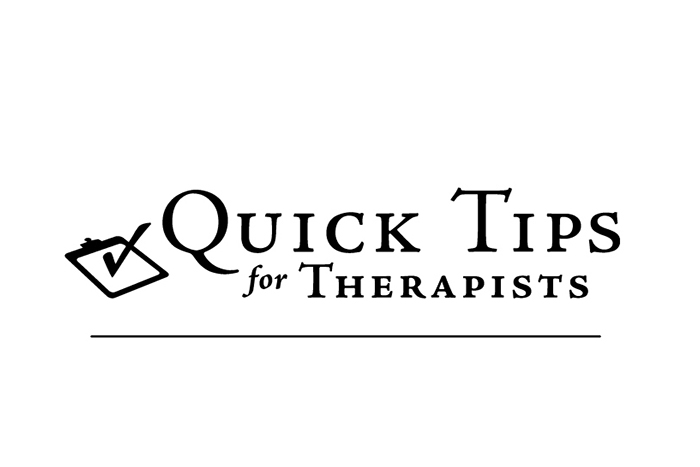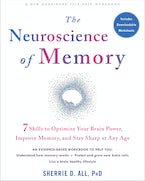Many clients complain about brain fog, memory glitches, and word-finding problems—which may be organic or may be functional cognitive disorder (FCD)—and between post-COVID-19 long-haulers and aging baby boomers, the prevalence may increase. Therapists who take clients at their word may inadvertently enable FCD, making it harder to treat as brain beliefs become more entrenched.
To address these complaints, it is critical that you enlist a clinical neuropsychologist to objectively assess for cognitive decline. A neuropsychologist can tell you and the client if cognition is on par for what we would expect given the client’s age, background, and medical history.
Communicating the results of an assessment can be challenging, as many clients with somatic symptoms are not thrilled to receive a “clean bill of cognitive health.” They may subconsciously wish for a memory problem rather than face a trauma, an unhealthy relationship, or intense anxiety or depression. In supporting your client following a neuropsychological evaluation, it is important that you consult with the neuropsychologist for feedback and insights that you can use in therapy.
In challenging your client’s beliefs about their brain, it is important to express empathy while keeping yourself grounded in the data. Contextualizing test scores with respect to other people who are employed and live independently also helps. Many people with IQs in the seventy to eighty-five range—and even people under the influence of certain medications like opiates, marijuana, or benzodiazepines which can lower cognitive performance into this range—commonly maintain employment and live independently.
Offer a sense of optimism by saying, “It’s gotta be scary for your brain to not work the way you expect, but everything shows that your brain is okay. With some brain healthy activities, you can feel sharper.”
Finally, help clients learn about the physiology of stress and limbic hijack as a means of gaining buy-in for anxiety treatments.
Sherrie D. All, PhD, is passionate about empowering people to use their brains brilliantly to live better, lead better, and love better. She is an international speaker; writer; licensed clinical neurorehabilitation psychologist; brain health expert; and owner and director of the Chicago Center for Cognitive Wellness—a private group practice dedicated to helping people with anxiety, depression, and physical symptoms, with a particular focus on helping adults experiencing cognitive decline through assessment and treatment services. As a trained neuropsychologist, Sherrie brings her detailed understanding of the brain to uniquely address the needs of people with traumatic brain injury (TBI), multiple sclerosis (MS), dementia, and more.



 2024 Peace Playbook: 3 Tactics to Avoid Clashes with Your Partner
2024 Peace Playbook: 3 Tactics to Avoid Clashes with Your Partner